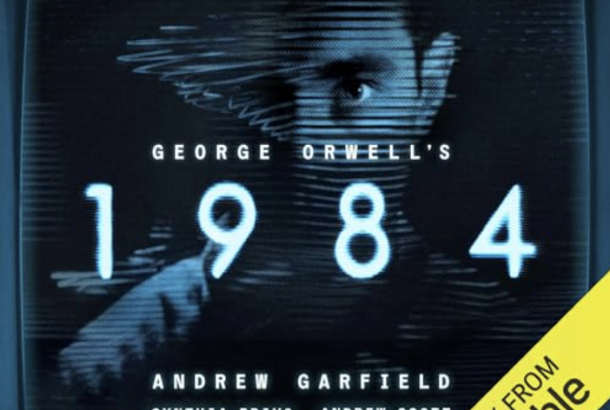Designed to bring together examples of “protest, reflection, memorial and invention”, the aftermath exhibition aims to show how, throughout history, some of the greatest acts of brutality have been countered with pieces of compassion and ingenuity. As you move past the exhibits, you step from tragedy to tragedy, interlaced with pieces of poetry and artwork. There are pieces ranging from before WW1 (which this year marks the centenary of) all the way through to the 9/11 attacks and the war in Iraq.
The exhibit is housed within the John Rylands Library in Deansgate. Yet it is in a space no bigger than a corridor, which sadly doesn’t work as an advantage. The result is that as you can jump decades in one step, which had the effect of removing any empathy for those who were affected by the various horrors. It made it feel more like a far-removed documentary, especially with later tragedies, which had little content. Perhaps a better move would have been to focus the entire exhibit solely on the disasters of WW1. This would have enabled it properly mark the centenary and have more focus on the resulting pieces of art and literature.
One piece which really captured my eye was a collection of a letters from students at Manchester University, who were soldiers at the time, to their professor in Manchester. It was very interesting to see what the relationship between tutor and student was like 100 years ago and to see how it has changed since.
Overall it was an interesting exhibition, however I feel it would have benefited from a stronger focus on WW1. It’s worth seeing if you are nearby the John Rylands library, but I wouldn’t make a day of it.
James Jackman
————————————————————————————————————————————————
I expected a general summary of WWI but the exhibition focused more on the effects, during and after war, on our very own Manchester.
It featured items that had been dug up in WhitworthPark by archeologists. I remember seeing people digging in WhitworthPark and now I know why. There are many hidden treasures lying underneath our feet! Because of the 1933 war memorial, the park has become an important space for former veterans to meet in remembrance of those who died.
The exhibit didn’t objectively showcase facts about WW1 but the experiences of the people going through it, using various art forms such as poetry, artwork and letters. This made it more personal than general, as it takes you on an emotional journey through the shoes, of not only the soldiers, but also the families and friends affected by war. For example the descriptions of women who were displaced and grief-stricken by the war, but who took comfort in the writings of other women such as the poet Lynette Roberts, who wrote war poems about those who were left behind.
The exhibition allows you to experience the aftermath of war through its influence on art and the city we live in today. If you haven’t been yet it’s definitely worth the detour from your weekend shopping spree.
Bianca Boorer







